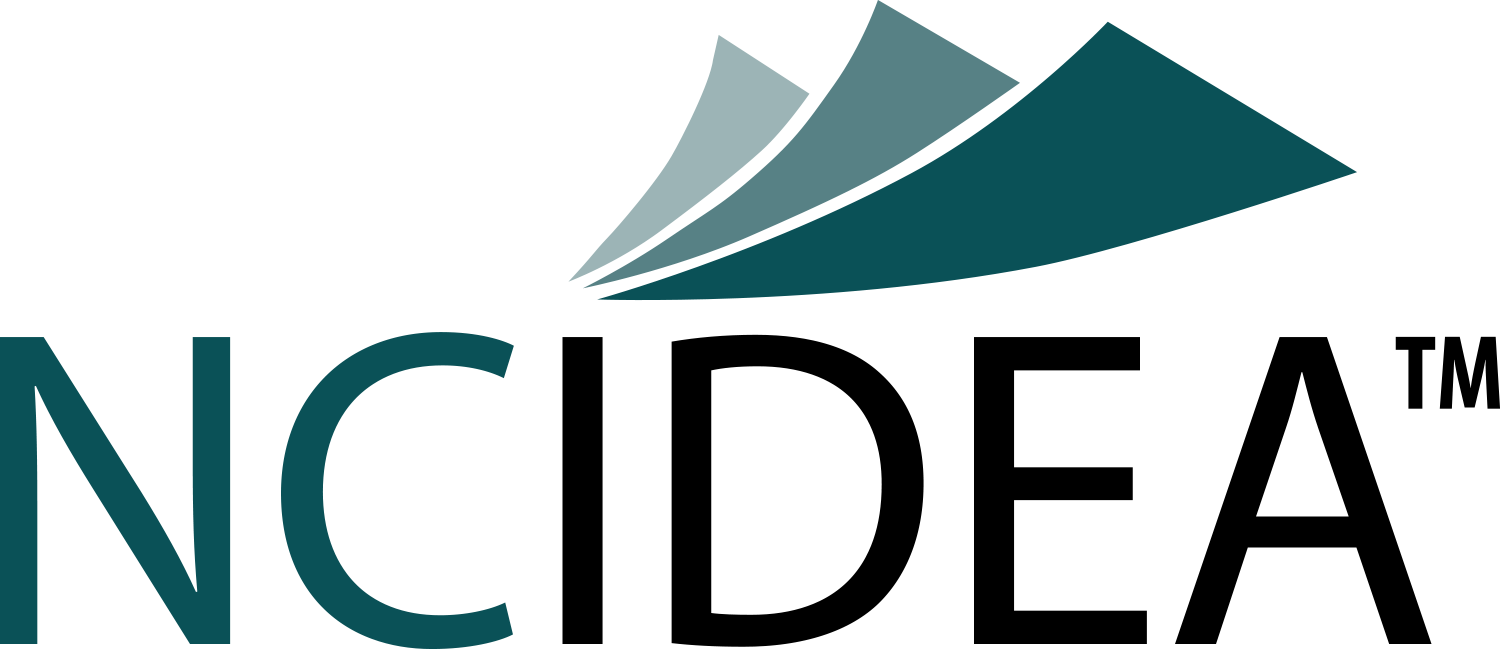As part of each MICRO and SEED grant cycle, NC IDEA typically takes to the road to lead information sessions and answer questions from entrepreneurs across the state. With 15 $10K MICRO grants and 6 $50K SEED grants typically being awarded in each of the spring and fall cycles, we look forward to meeting with founders looking to start or grow their growth-oriented businesses in North Carolina. For these events, we are hosted by our ENGAGE and ECOSYSTEM partners, allowing NC IDEA to connect directly with these organizations and the communities they support.
As part of these sessions, we invite past local NC IDEA MICRO and SEED grant recipients to attend and share advice they have for potential applicants. Since their advice always seems to resonate with applicants, we have reached out to several recent grant recipients to share their thoughts with those who may not have had the opportunity to attend a virtual or in-person information sessions.
Daniel Yohannes and Michael Long, Renaissance Fiber, SEED Spring 2019
Renaissance Fiber was fortunate enough to be funded by an NC IDEA SEED grant in the Spring of 2019. That round of funding was critical for us, as it provided the monies necessary to allow scaling our patented degumming process for hemp fiber. We were funded after a second application, and the entire experience was enlightening, and we’re happy to share our tips to current and future applicants to NC IDEA grants. First, never be dissuaded by rejection: learn from the reviews, ask questions of clarification, and generally interact with the NC IDEA team as much as possible to improve on a resubmission. Secondly, use the resources provided by NC IDEA. We engaged the Center for Innovation and Entrepreneurship (CIE) at UNCW, an NC IDEA ECOSYSTEM awardee, to support us with our resubmission. The CIE has a team of retired and active small business professionals who actively and charitably support local entrepreneurs as mentors (The Mentor Group), and their support and review of our resubmitted application was invaluable. NC IDEA has a number of other online resources as well to support applicants directly and indirectly. Finally, whether you win or not, engage, engage, engage with the NC IDEA team. Listen to and incorporate their advice about the application process. Beyond that, they are helpful in so many other ways, full of insight, and well connected with the North Carolina entrepreneurs and funders. To paraphrase Mick Jagger, “You might not always get what you want, but if you engage with your NC IDEA team, you’ll often get what you need”.
Abi Olukeye, Smart Girls HQ, MICRO Spring 2020
I got so much out of applying for a MICRO grant both times I did. The first time, the feedback was so helpful because it helped me realize that I needed to spend time honing my value proposition for my business. Beyond the validation I got from being successful the second time, the interview process required further critical thinking about how your idea might scale in the next few years. That helped nail down a growth strategy that I will continue to update as we learn more about our customers and how our product meets their needs.
My best tip for someone thinking of applying is 1) To not hesitate to apply even if you are unsure you are ready. The detailed feedback you get will help you figure out how to be better prepared the next round. 2) Finish your application early enough to have someone else read through and offer some feedback. 3) Lastly, be clear about what you are building and who you are building it for. Even though the application has several questions trying to understand different angles of your business, clarity on the need you are solving and the value you will bring to potential customers with your product sets the tone for your entire application.
Ivan Barajas Vargas, MuukLabs, SEED Fall 2019
Even if a startup doesn’t get the grant, the application process is worth it on its own. It makes you ask the right questions about your startup and allows you to have a better understanding of all the different areas that make up your company. One key recommendation: have an editor, that is not an expert in the field, proofread the application. It makes a difference in getting the message across clearly so that anyone can understand what your company is about.
Sara Davison, Kinly, MICRO Fall 2019
I have several pieces of advice: 1) Attend the info sessions virtually even though you have access to the presentation. There is so much value to listening in and being able to ask questions that might just give you that extra edge. 2) Make it really clear you are a subject matter expert in your field. Even if you have no product, no revenue, you can still include customer conversations and surveys you’ve implemented around the problem you’re trying to solve. There are probably reams of research available online that at least provide insight into your target market or customer. Don’t be afraid to use stats, percentages and other research to back up your thesis. This not only shows you’ve done your homework and understand your market, but adds credibility to your application. 3) Give yourself enough time to apply. Aim to have your submission completed 3 days before it’s due so there is no last minute rush. Those last 3 days can give you clear headspace to refine the application and those tweaks may be the thing that give you the edge in your submission.
If you are planning on applying to either NC IDEA MICRO or SEED, check out the MICRO and SEED sections of our website for grant cycle deadlines and more resources,
Published August 18, 2020


